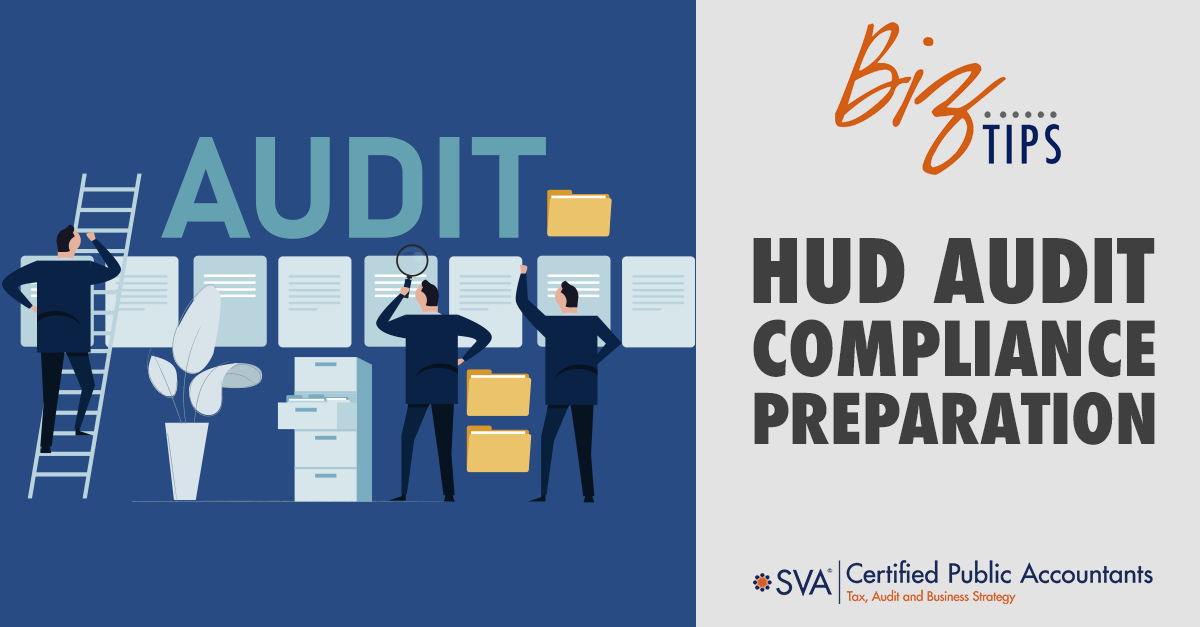As a real estate investor who utilizes the U.S. Department of Housing and Urban Development (HUD) program, you have compliance requirements to prepare for.
(Download Video Transcript)
What is the HUD Program?
The HUD program was established to provide rental housing for eligible low-income families, the elderly, and those with disabilities. As a real estate investor, you need to understand that HUD does not finance loans. They insure 100% of the loan, allowing investors to lock in the lowest interest rates available.
- The HUD vetting process is extensive, which mitigates risk factors for investors.
- HUD requires sponsors to carry additional cash in the deal.
- HUD loans are primarily asset-based with pro forma requirements on rent and expenses.
Because there are stringent requirements to be approved for the HUD program, the probability of the success of the project is high, making it attractive to investors.
Compliance Audit Requirements
- Financial audits are required for HUD programs with the following pre-determined objectives:
- The financial data and reports are reviewed to detail how the funds were used accurately.
- The internal control procedures are reviewed to ensure reasonable assurance that the HUD programs are managed to comply with applicable laws and regulations.
- That management complies with the terms and conditions of federal awards and guarantees and has supporting documentation.
- There are guidelines for durability and minimum standards required by HUD.
- There are rent control guidelines you will need to abide by. These are based on rental properties in your area rather than designed by a federal number.
What You Should Know About Your HUD Audit
HUD requires a two-component audit: a compliance audit of the organization's major HUD programs and a financial statement audit of the entity.
To prepare for your audit, gather the following items your auditor will need:
- Regulatory Agreement
- Affirmative Fair Housing Marketing Plan
- Tenant Selection Plan
- Management Certification
- Management Entity Profile
- Surplus Cash Calculations and Support for Owner Distributions
- Insurance Policies (Fidelity and Hazard/Liability)
- Work Order Listing
- Listing of Cash Receipts/Disbursements and Supporting Documentation as Requested
- REAC and/or Other Regulatory Agency Inspection Reports
- Replacement Reserve Withdrawal Requests and Approvals
SVA’s team is experienced in all types of audits and we are ready to assist you. Give us a call to learn more about our real estate industry expertise.

© 2022 SVA Certified Public Accountants

